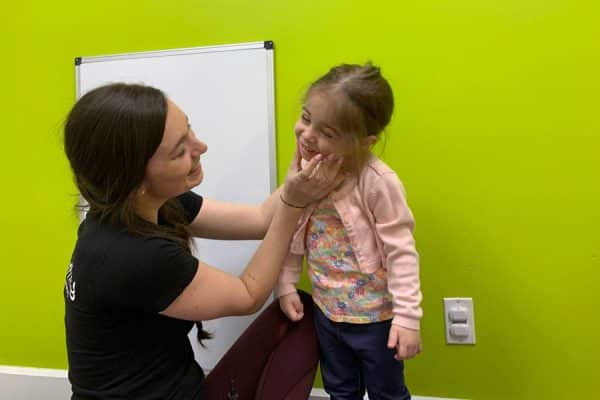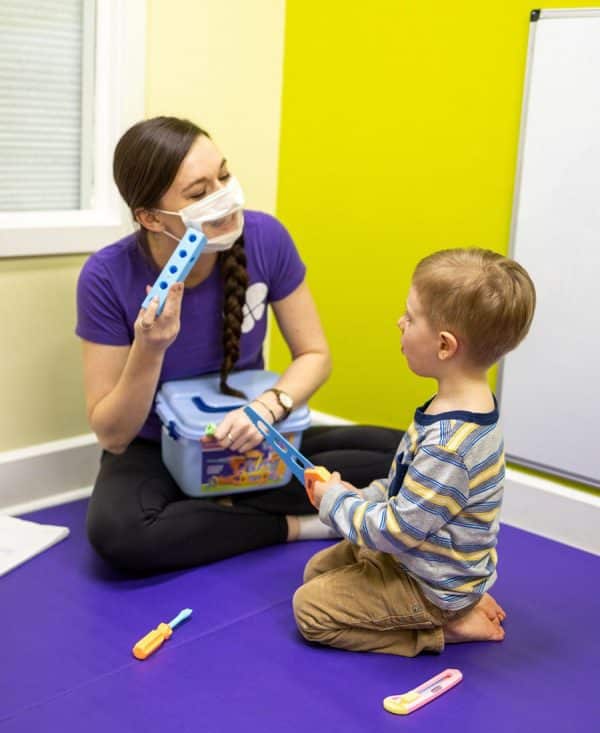Childhood Apraxia of Speech and Motor Speech Difficulties
Motor speech difficulties cause children to struggle with the planning and sequencing of movements that their mouth, tongue and lips make to form sounds and words. This can cause them to struggle to generate the movements for sounds and lead to difficulties with clarity as they try to sequence the different sounds together to form a word. The word “open”, for example, requires us to bring our lips forward for /o/, close our lips and explode open for /p/, stretch our lips back for the /e/ and then elevate our tongue behind our teeth for /n/. Children with motor speech difficulties may have trouble with specific patterns in the word (ie. bringing their lips forward for /o/) as well as combining these movements together to form the word. This is different from articulation disorders that focus on the ability to produce a single sound.
Childhood Apraxia of Speech (CAS) is a form of motor speech difficulties. Not all children with motor speech difficulties have CAS. In Ontario, only doctors are able to diagnose CAS.
If you are noticing issues with your child’s development of early sounds like p, b, m, n, t, d and vowel sounds and noticing difficulties with excessive drooling and weakness with oral motor skills, an assessment may be warranted to determine whether any motor planning and sequencing issues are present.


During the assessment, our Speech-Language Pathologists will gather a thorough case history including details about your child’s language and sound development and play with your child to observe their communication. Depending on the age of your child, they may also perform an informal oral motor exam to assess functioning of the facial muscles and complete formal testing to observe errors in their productions.
Why Butterfly?
Our therapists understand that the prospect of your child having motor speech difficulties can be distressing and they are here to provide support. Treatment will vary depending on the individual needs of your child and their age but will include education around motor speech difficulties, ideas for home practice and direct tools for intervention. Members of our team employ evidence-based approaches like the Principles of Motor Learning (PML) as well as Dynamic Temporal and Tactile Cueing (DTTC) to directly target the speech movements. Further areas of training include PROMPT (PROMPTS for Restructuring Oral Muscular Phonetic Targets) as well as courses on Orofacial Myofunctional Disorders.
